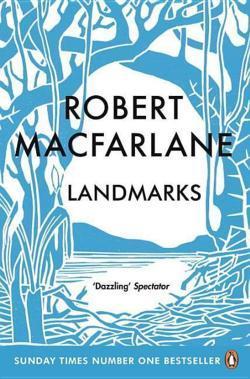jonn reviewed Service Model by Adrian Tchaikovsky (Service Model, #1)
God is dead ahead
5 stars
Shares best book of the year with R. Sheckley's novella about a dude who won the all expense paid trip across the Universe.
Shares best book of the year with R. Sheckley's novella about a dude who won the all expense paid trip across the Universe.












